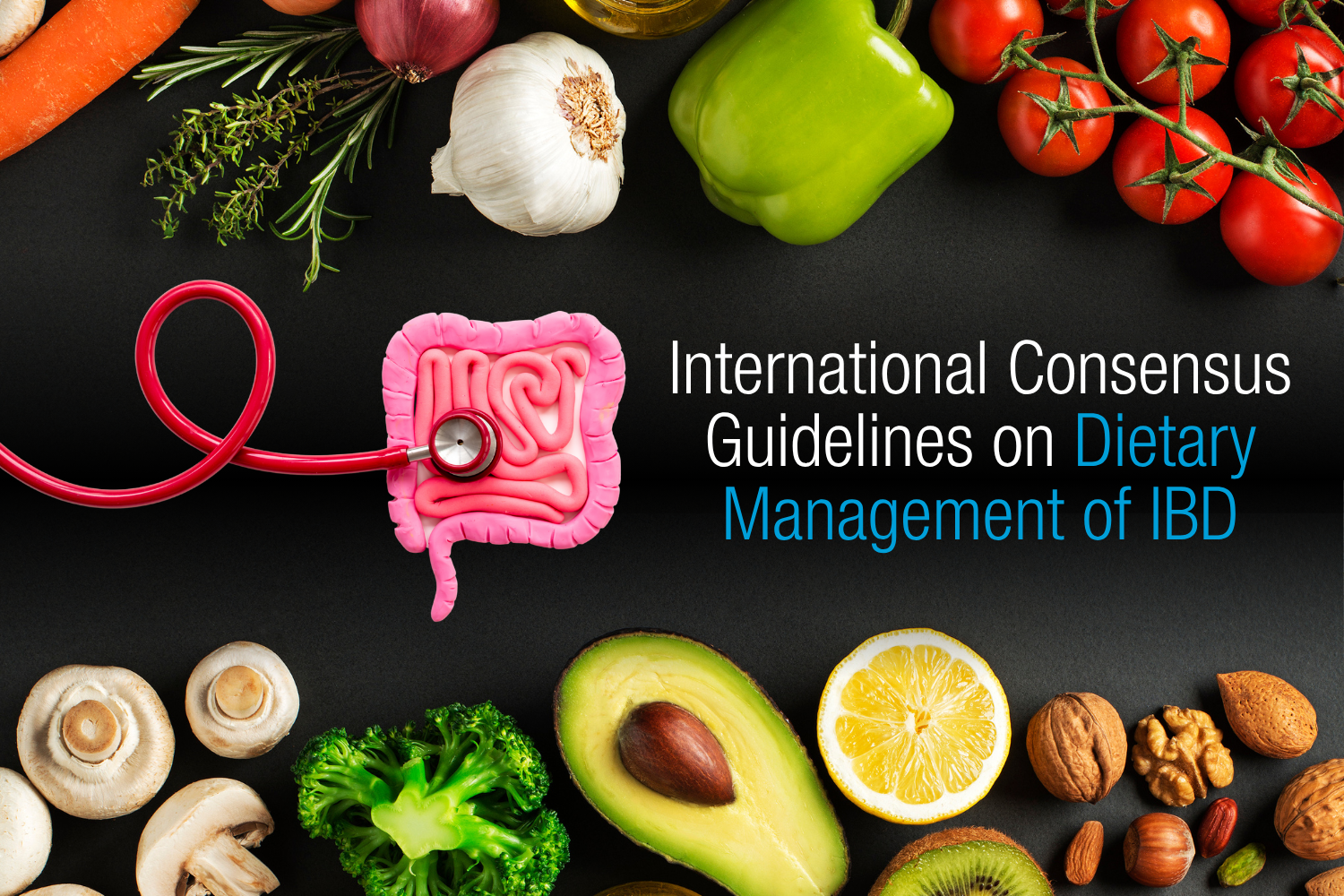First Ever ECCO International Consensus Guidelines on Dietary Management of IBD
Inflammatory bowel disease (IBD), including Crohn’s disease and ulcerative colitis, is a chronic auto-inflammatory condition of the gastrointestinal tract. ECCO (European Crohn’s & Colitis Organisation) is the world’s leading authority in IBD and is renowned for its clinical guidelines. Excitingly, they have published their first ECCO Consensus Guidelines on the dietary management of IBD, providing evidence-based practical recommendations on how diet should be used to support people living with IBD.
The international ECCO consensus panel comprised 12 dietitians, 8 gastroenterologists, 5 paediatric gastroenterologists and 5 IBD patient representatives who worked to construct the consensus statements that make clinical practice recommendations. The most important message coming from the consensus guidelines is that all people with IBD should have access to a dietitian with experience in IBD.
Key messages from the consensus guidelines:
- All people with IBD should have access to a dietitian with experience in IBD – talk to your IBD doctor if you need to see a dietitian;
- If no specific dietary intervention is indicated, IBD patients should follow healthy eating guidelines – don’t restrict your diet unnecessarily;
- The diets recommended to induce remission in Crohn’s disease include exclusive enteral nutrition and the Crohn’s disease exclusion diet with partial enteral nutrition – an IBD dietitian can guide these;
- The Mediterranean diet and limited intake of red meat can be considered to maintain remission in ulcerative colitis – also in line with healthy eating;
- A low FODMAP diet is recommended to treat IBS-like symptoms in people with IBD in remission and ongoing gut symptoms – make sure gut symptoms are not from active inflammation;
- At least 10 days of pre-surgical nutritional care, using certain nutritionally-complete drinks, is recommended to reduce risk of surgical complications – an easy way to help you to recover well; and
- A healthy eating pattern is linked to a reduced risk of getting IBD – particularly important for first-degree relatives of people with IBD.
Interested in reading the guidelines in full? You can access them below:
